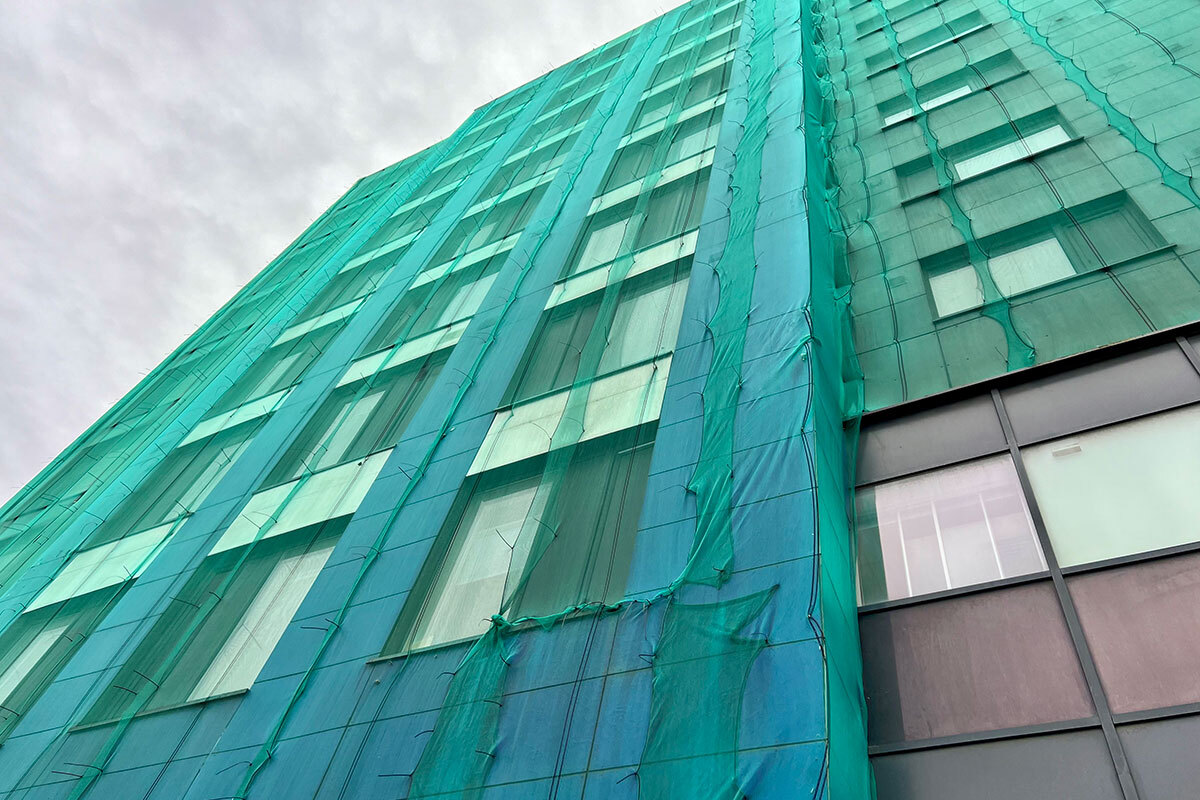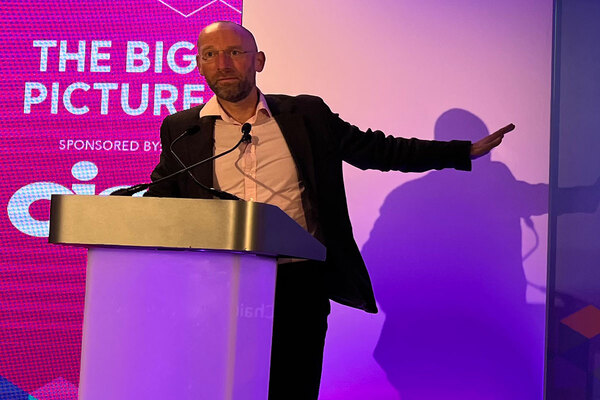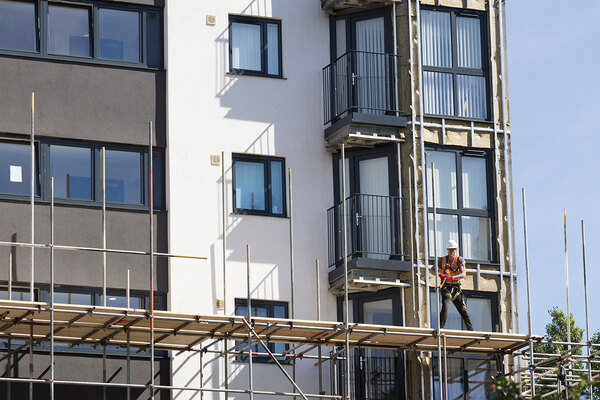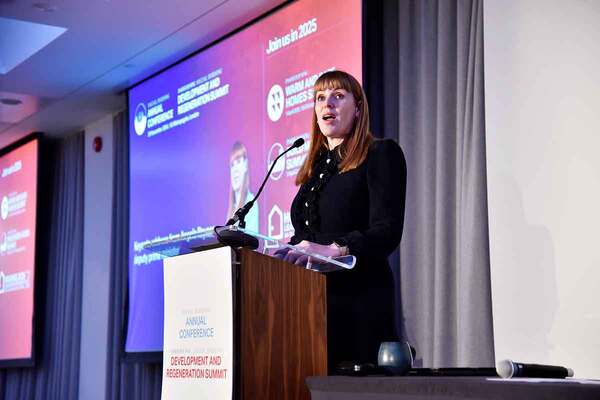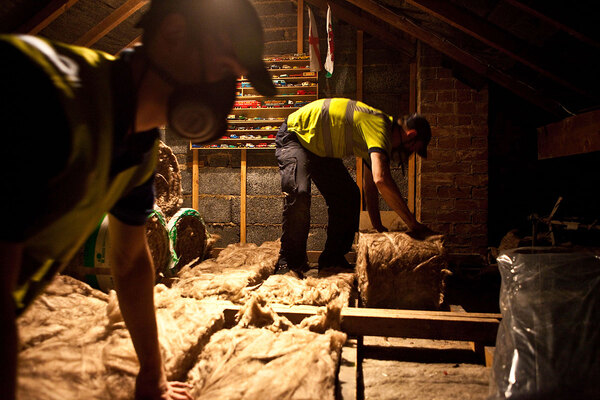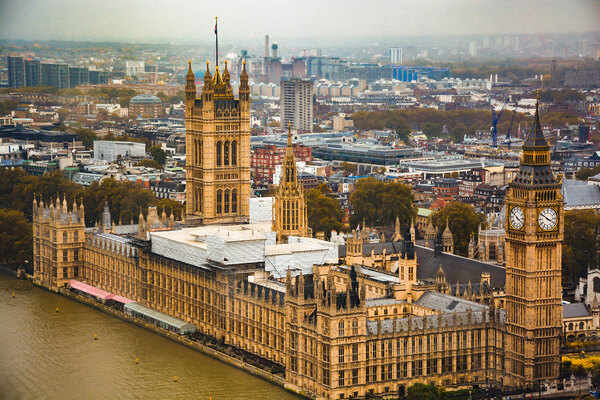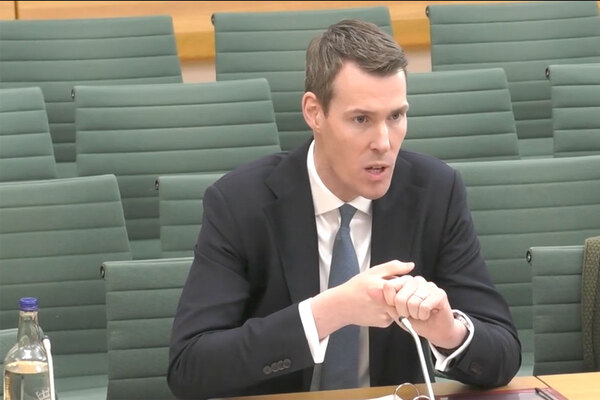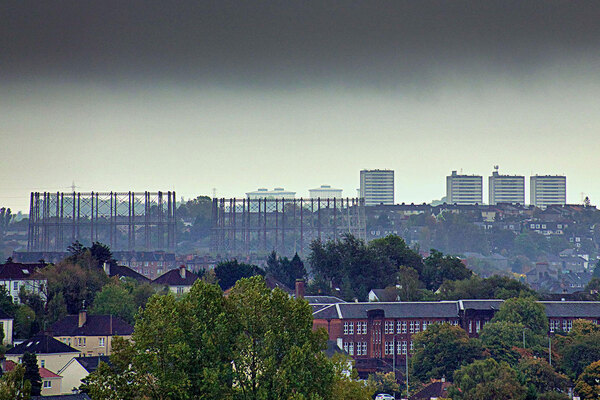Shortage of contractors adds to delays as 29% of blocks with fire safety issues lack clear remediation plan
More than 500 buildings with life-critical fire safety defects owned by social landlords still have no clear remediation plans, according to latest official figures.
The Regulator of Social Housing (RSH) said this was due to a range of factors for registered providers and councils in England, including “navigating complex legal arrangements, difficulty sourcing contractors and supply chain delays”.
The latest figures, covering buildings 11 metres-plus, reveal 572 of 1,996 with issues either had “unclear” plans or none at all for addressing life-critical fire safety (LCFS) defects related to the external wall system. The figures cover up until the end of September this year.
It is an increase on the 535 reported in the previous quarter.
However, it came as the number of buildings overall reported as having defects rose by 64 to 1,996. The RSH said this was likely due to the addition of newly reported buildings, as well as an increase in the number of assessments undertaken.
Earlier this month, the government set a 2029 deadline for when it expects remediation work to be completed. A social housing remediation strategy is also expected next spring.
All social landlords are required to submit the quarterly data on the fire safety remediation of relevant buildings for which they are responsible to the RSH and the Ministry of Housing, Communities and Local Government.
The buildings are identified by carrying out a fire risk assessment (FRA) and fire risk appraisal of external wall construction.
Landlords then report the current remediation status of buildings with an LCFS issue, defined as “defects, shrinkages, faults or other failings in a building that give rise to fire safety risks”.
In its latest report, the regulator also found 22% of buildings have seen remediation work start, but not yet complete.
While 69% of buildings are due to have work completed within the next five years, it was found 23% of affected buildings have a completion date that is over 10 years or is unclear.
Landlords reported work is complete on 144 affected buildings, which is around 7% of the total. This compared to 108 completed buildings in the previous quarter, around 6% of the overall total.
Will Perry, director of strategy at the RSH, said: “Fire safety continues to be a hugely important priority for the social housing sector. While the vast majority of buildings have no life critical fire safety defects, we are continuing to scrutinise progress closely for the minority that do.
He added: “We expect landlords to keep accurate data and rigorous systems in place to make sure tenants are safe. This includes any necessary mitigating measures to protect residents while works are completed.”
Sign up for our fire safety newsletter
Already have an account? Click here to manage your newsletters
